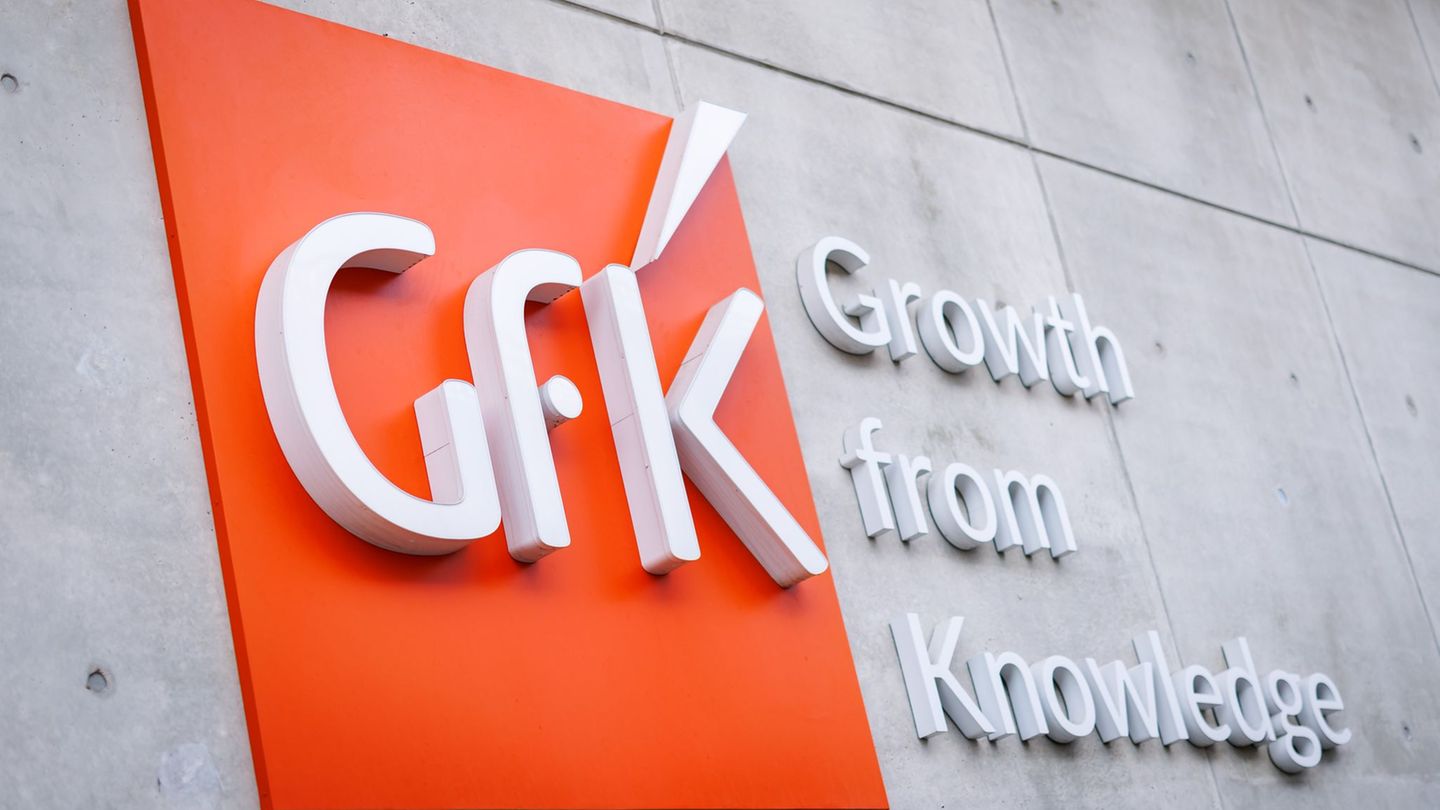Consumer climate
Gloomy income prospects are depressing the mood to buy
Copy the current link
Add to watchlist
The consumer climate lost again in October. The prospects of higher incomes are being stifled by inflation and the economy is barely getting off the ground.
Significantly worsening prospects for income development have once again caused purchasing sentiment in Germany to decline. In the monthly study by the Nuremberg research institutes GfK and NIM, the consumer climate lost 1.6 points in October and ended up at -24.1 points. “The persistently tense geopolitical situation, increasing fears of inflation and growing fears about jobs are causing hope for a short-term recovery in the consumer climate to dwindle,” said NIM consumer expert Rolf Bürkl.
In September, income expectations had risen by eleven points and had supported the consumer climate overall. In October it fell by almost 13 points. The propensity to buy and economic expectations, which are other important pillars for calculating the consumer climate, increased slightly, although at a low level, while the propensity to save remained unchanged.
Propensity to buy is increasing at a low level
Propensity to buy – i.e. the willingness to buy larger items in the near future – increased by 2.3 points in October. However, it is still well below the level of the previous year. So the Germans are trying to keep their money together for the time being. The fact that inflation in September was calculated by the Federal Statistical Office to be 2.4 percent, well above the target of 2.0 percent, also contributes to the continued high propensity to save.
Germans expect slight improvement
At least the downward trend in economic expectations has been stopped. The Germans are expecting the economy to pick up again soon, but they don’t expect any drastic improvement.
The consumer climate has been surveyed regularly since 1974 and is considered an important early indicator of consumer behavior. Around 1,000 people are surveyed every month for the study on behalf of the EU Commission.
dpa
Source: Stern




